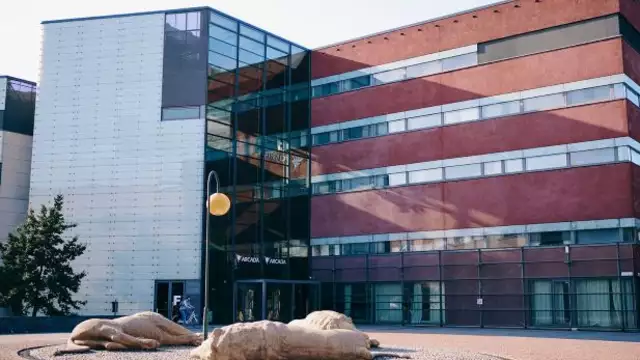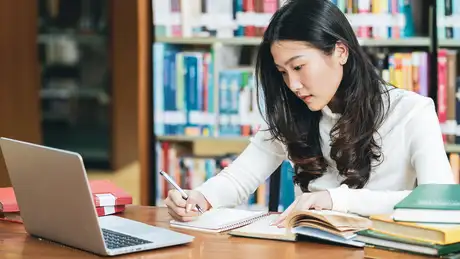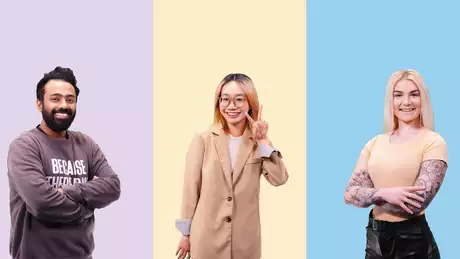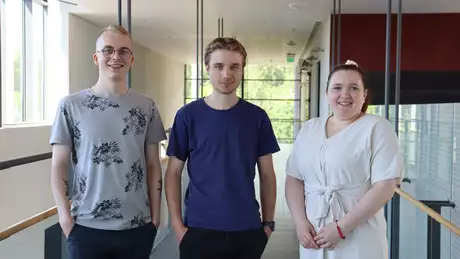
Arcada actively participates in the universities of applied sciences’ work for sustainable development
Published: 01.12.2020 / Education
Arcada's long-term work for sustainability is now being concretisised in the degree programmes as the university of applied science goes in for increasing its handprint and developing smart solutions for the future. The Finnish universities of applied sciences have approved a joint programme for sustainable development and responsibility, in which Arcada's new curricula fit in well.
The joint programme is based on the goals for sustainable development that the UN approved in 2015. The goal is sustainable, responsible and carbon-neutral universities of applied science by 2030. The core of the programme is to strengthen the institutions’ ecological handprints. Put into practice, this means that the educational institution, through education and research, actively seeks ways to contribute to sustainable development and to reducing the carbon footprint.
- The universities of applied sciences can work together in several ways for a carbon-neutral society. Arcada has the readiness and knowledge to be part of the solution. Sustainability has been a key focus throughout our organisation for several years. Now I look forward to taking this work to the next level, says Arcada's Rector Mona Forsskåhl.
Sustainability is a central part of Arcada's new strategy. Arcada is also launching new curricula for all degree programmes, where sustainability aspects are taken into account throughout. The new specialisations that are being developed for the engineering programmes are part of the sustainability work, as well as a future investment in sustainable solutions in rehabilitation and projects in circular economy.
Long experience of sustainability work
As early as 2011, Arcada’s Green Office certification was granted by WWF Finland. Since then, Arcada has systematically reduced the consumption of water, electricity and paper, and also installed solar panels on the roof of the main building and the Arcada hall. Arcada's previous own initiatives are now backed by the joint programme.
- When we make strategic choices and concrete decisions, it is always important to consider sustainability aspects. We want to put the idea of sustainable development into practice in our everyday lives. The focus for us is on developing and choosing solutions that guarantee safety for future generations. Now more than ever, recycling expertise, media analysis and understanding of data as a basis for decisions, for instance, are needed, says Forsskåhl.
In order to achieve the climate goals, the universities of applied sciences commit to systematically take measures to reduce emissions, monitor the development of their carbon footprints and together look for other methods to achieve carbon neutrality. Read Arene's press release here and the universities of applied sciences' joint programme for sustainable development here .


